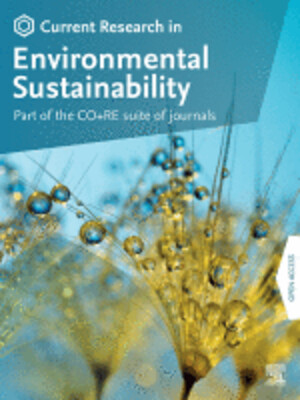Gender relations affect the roles that women and men, girls and boys have in livestock management and the constraints, opportunities and preferences they may have. For example, livestock is one of the few productive assets that women can control and that they can utilize to secure daily, the nutrition of their household and of themselves. This makes livestock a key entry point for both nutrition security and women’s empowerment. However, women tend to own species of lower economic value, as compared to men. With livestock intensification women tend to lose control over the revenues generated through livestock. Unless we take into account how gender dynamics and norms affect livestock management and consequently labour allocation and benefit accrual, our livestock intervention may fail to be adopted and also, may increase gender inequalities in livestock communities.
Women’s empowerment
Women’s empowerment is a common goal in interventions that aim to support food and nutrition security while progressing towards gender equity. Women who access and control livestock assets improve the health, education and food security of their households. Ninety per cent of income under the control of women is channelled back into their households or local communities, compared to only 30–40% of income controlled by men. The Women’s Empowerment in Livestock Index (WELI) is a tool that aims to capture changes in the empowerment of women in the livestock sector. Approaches to enhance women’s empowerment are successful if they engage with the complexity of gender dynamics that influence intrahousehold and community dynamics.
Gender considerations in Value Chains
Gender analysis of value chains examines how men and women experience unequal costs and benefits as products or services move from production to processing, marketing, consumption, and disposal. Applying a gender lens to value chain analysis helps to identify how gender-based opportunities and constraints affect how women and men participate in and benefit from value chains. We are currently studying how livestock business can support women’s empowerment and enhance nutrition security of the household with the aim of developing inclusive-livestock business models that contribute to gender-equality.
A gender lens in Policy and Foresight
Despite the rapid growth of the livestock sector in low- and middle-income countries, understanding of the potential trajectories of future livestock system evolution remain limited. This impedes our ability to assess returns on investment and their potential implications on livelihoods and other outcomes. Understanding how gender dynamics may change in the future, how they influence who accesses and controls resources and opportunities, or how intra-household work and decision-making are shared, is essential to envision the rural population and agricultural labour of the future, and to understand who may benefit from or carry the brunt of new policies.




